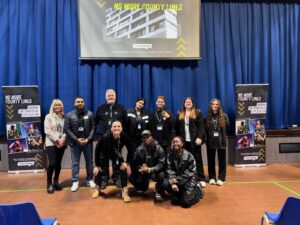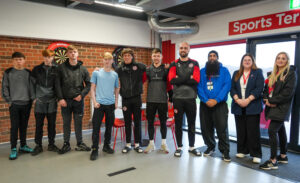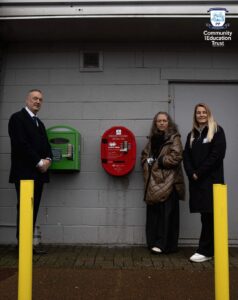Champions is an innovative intervention programme supporting young people, aged 10-25 with experience of, or at risk of offending behaviours.
The programme is delivered by 9 football club community organisations across Lancashire and offers mentoring support, signposting and facilitates access to services and activities in the community.
We spoke with some of the Champions mentors about how they engage with young people and what drives them to make the programme a success.
What is your first encounter with a young person like?
Scott: Normally quite relaxed, I try to make the young person feel as comfortable as possible. Sometimes the first meet can end up just being a chat, sort of an introduction to each other and what the programme might look like moving forward.
Ria: Exciting! I’m always keen to find out more about the young person to find out how we can support them.
Ellie: I’m always conscious about overwhelming any new clients I have, so I arrange a neutral meeting either in the community or at the home address where the young person will feel more comfortable.
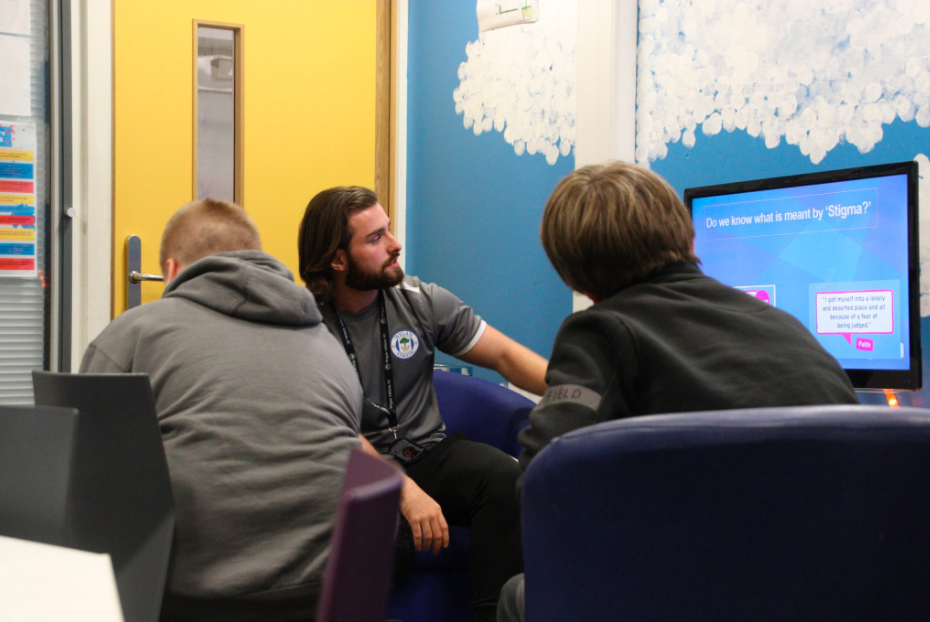
What is your philosophy/approach to engaging with a young person?
Tara: Everyone makes mistakes in their life and yes, some are greater than others, but a helping hand and support in the right direction goes along way. It’s about being there and being present.
Ria: Providing an open and honest space for them to communicate, ensuring that they feel listened to at all times. Quite often, they won’t have had the opportunity to be heard before so sometimes this can be life changing in itself.
Vicky: There isn’t a one size fits all approach. Each individual is different and unique in their own ways so it’s important to be adaptable.
Jamie: I’m a big advocate of doing sessions that contain an activity, such as boxing, gym, football, fishing and even meeting up for a coffee and going for a walk. I feel like my clients open up more while doing activities rather than sitting at a desk and speaking.
Kathryn: I let them decide how they want to be mentored with clear goal setting. With that being said, the main aim is to take a holistic approach and to reach out to other agencies for help.
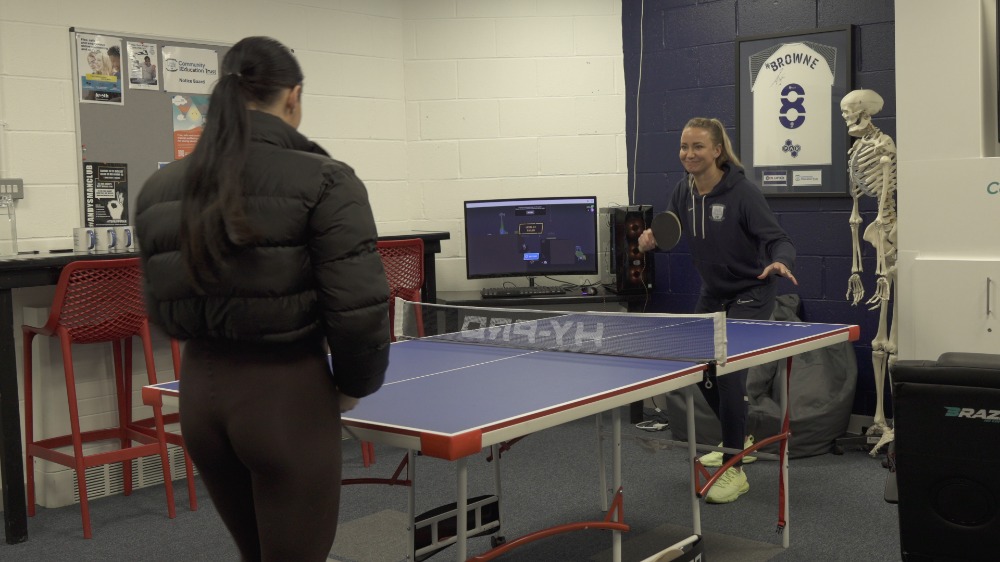
What motivates you to work with young people in this way?
Ben: I want to be the adult that truly impacts that young person’s life in such a positive way that it lasts a lifetime. The fact is many young people are neglected or written off and for me that drives me to make sure none of the young people I work with ever feel this way.
Ria: Everyone deserves a second chance, and it’s in times like these that second chances can make or break a person.
I would love the chance to meet someone I’ve worked with in five years’ time and for them to tell me that they’ve achieved something they never dreamed of, and for that to have been made possible because of an intervention they received whilst engaging with the programme.
Scott: Seeing the difference we can make in the young people through providing a positive role model who gives them advice and something to look forward each week is extremely rewarding.
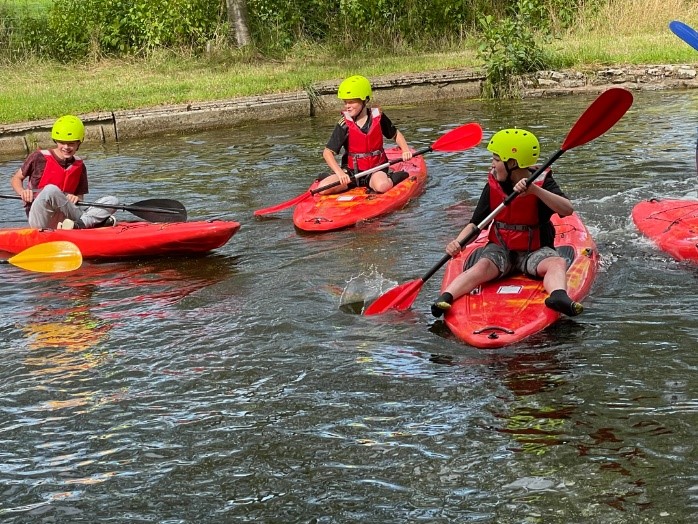
What does an average week look like?
Tara: There’s no such thing as an average week, but usually there are days spent in custody, catching up with clients and attending vital training sessions.
Ben: I don’t feel there is such thing as an average week in this role, one week you could have a range of steady sessions and admin time to go with it, then the next there could be a hurdle that pops up and causes our young people to stumble. We strive to step in and be there through the good and the difficult times and we will never give up on our young people.
What are some of the good things about being a mentor?
Ria: Seeing the young people have opportunities they’ve never had before, as well as watching them grow individually.
Vicky: Working with young people means there is never a dull moment. There are interesting conversations to be had with young people and listening to their views and opinions on different matters helps to give me a more openminded approach.
Kathryn: We get to see young people achieve goals, meet their targets and flourish. It’s great to see how a young person goes from being misperceived, to being driven and guided by our help.
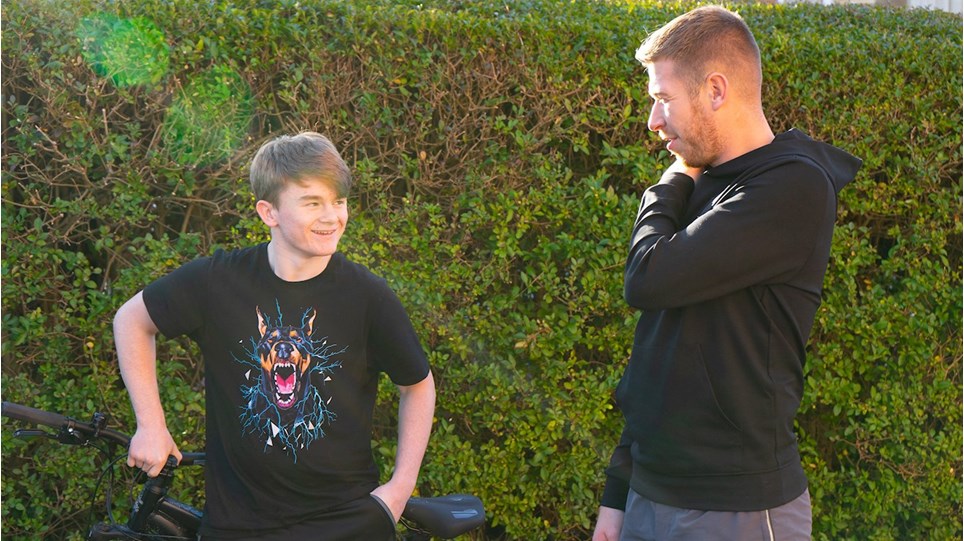
What are some of the challenges you face in this work?
Tara: Punctuality, but not in the sense clients don’t want to attend sessions, sometimes they aren’t ready for the next step and that’s okay.
Ellie: I think the main challenge for this work is parental support or buy in for the programme. I am happy to support a young person with any and all issues, but if we lack the support and encouragement from the parents, we have a harder fight for change on our hands.
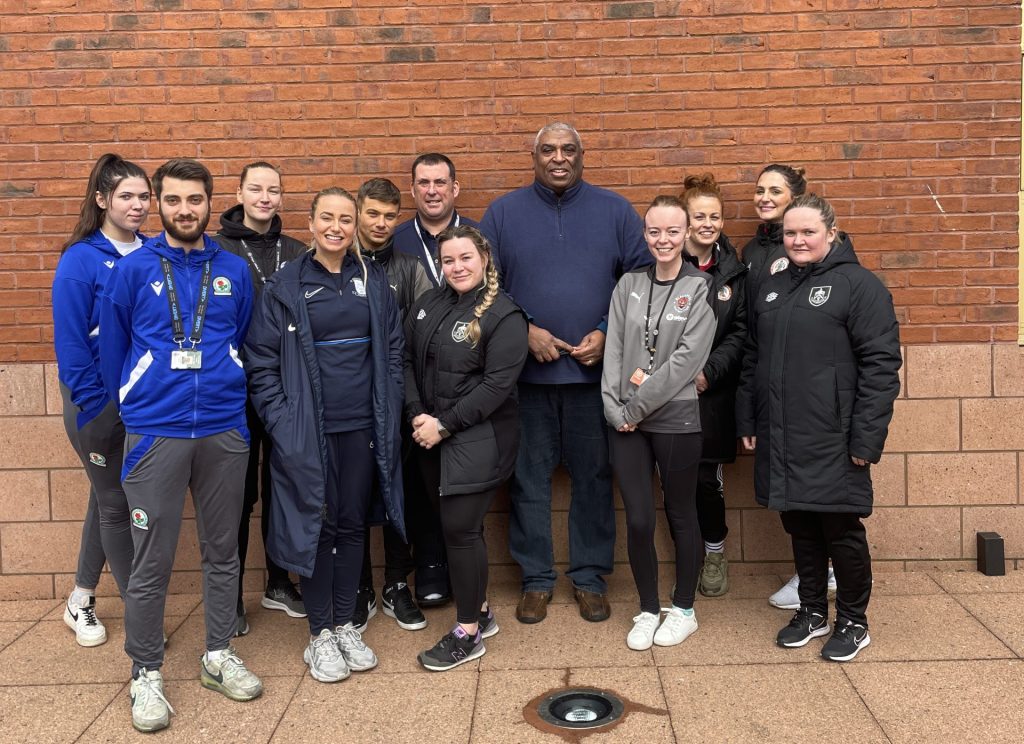
Ben: The very nature of the job is challenging, sometimes its hard not to get demoralised when a young person struggles and ultimately makes a bad choice, but these struggles push us to work harder and ensure we do what we can to avoid this in the future.
Jamie: I wouldn’t say there is challenges, just moments that make you learn and become more experienced as a mentor.


